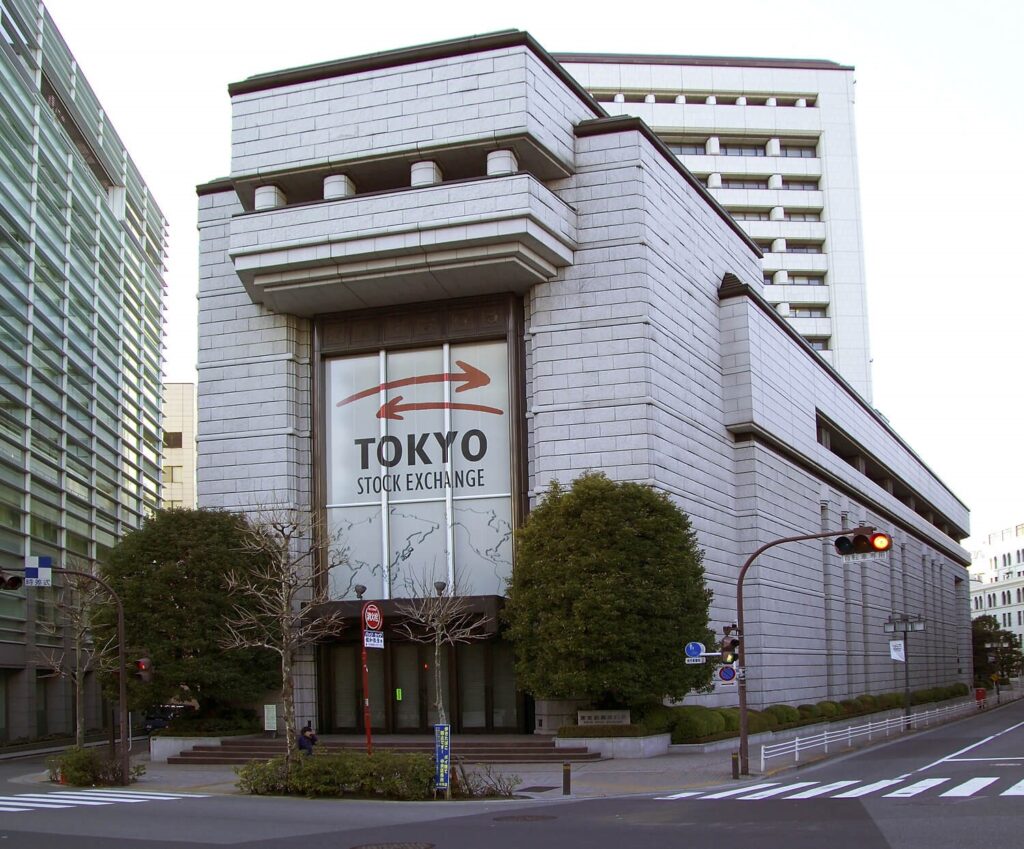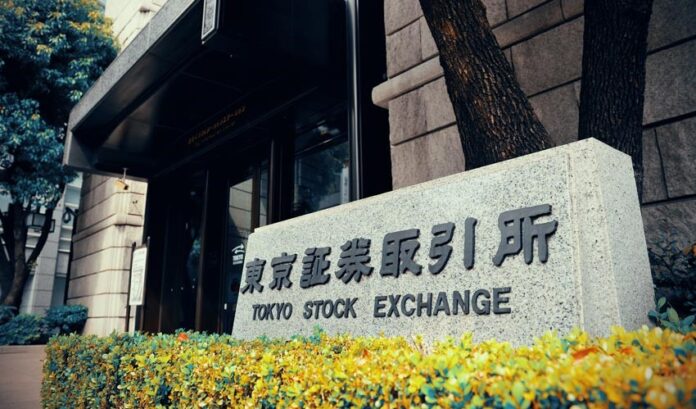Appier Group, a technology company founded in Taiwan, was listed on the Tokyo Stock Exchange on the same day, Japan Economic News reported on the 30th. This is the first time that Taiwan enterprises have listed in Japan after 13 years.
According to the report, Appier Group, as an emerging technology enterprise, was founded by Chih-Han Yu and others in Taiwan in 2012. Its main business is to sell marketing service software based on artificial intelligence to enterprises. The company operates in 15 countries and regions, including Japan, and its major shareholders include Softbank group and Sequoia Capital India. The company’s share price in the Tokyo Stock Exchange is 1600 yen per share, and the amount of financing is expected to be about 14.5 billion yen, with a total market value of more than 150 billion yen after listing.
In the 1990s, the number of overseas companies listed on the stock exchange once exceeded 100, but since then it has gradually decreased to only four. Due to the increasingly strict financial supervision policy, the financing effect is not as good as expected, many foreign-funded enterprises have withdrawn from the stock exchange. Under the background of economic center transfer, the attraction of Singapore, Hong Kong and even Shanghai as financial centers is catching up with Tokyo. This strengthens the sense of crisis in the East stock market. With the listing of appier group as an opportunity, Tokyo Stock Exchange plans to enhance its sense of existence as a financial center once again.

According to the Japan economic news, the Chinese mainland enterprises were listed on the mainland around the year 2000, but some investors were criticized after the listing of some enterprises. There has always been a severe examination of the operation standardization of foreign-funded enterprises in the Japanese market. Some analysts think that these measures are necessary, but others think that they weaken the international competitiveness of Japanese finance and the image of market opening. Seeing the booming situation of other emerging markets in Asia, the Tokyo stock exchange also hopes to “break the Convention” and move towards internationalization, but this involves the adjustment of existing rules and concepts, which can not be realized in the short term.









